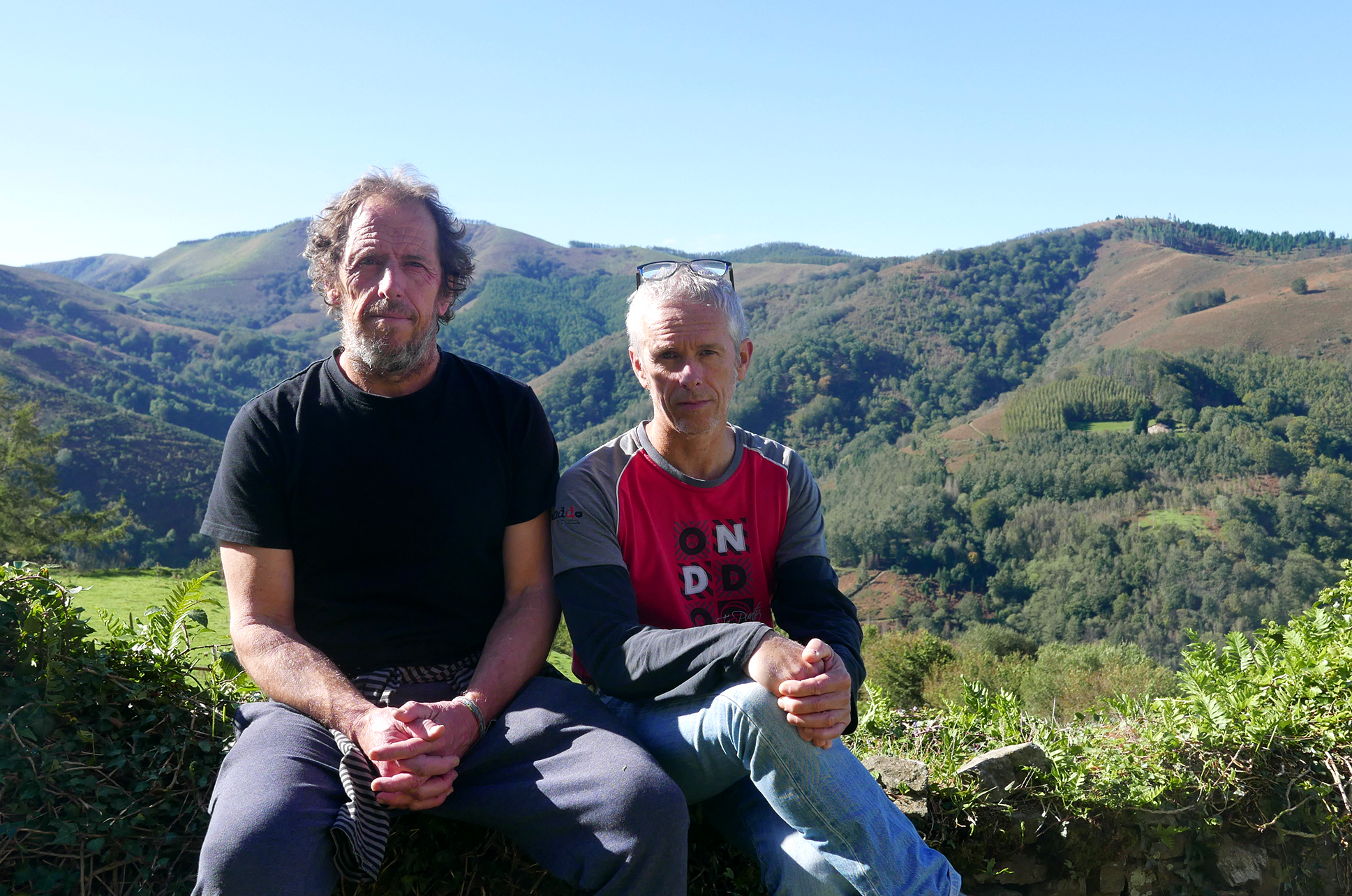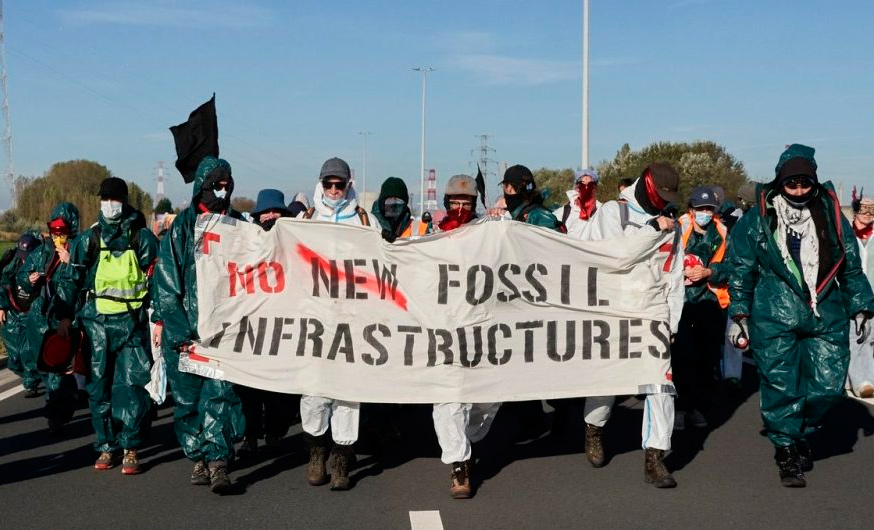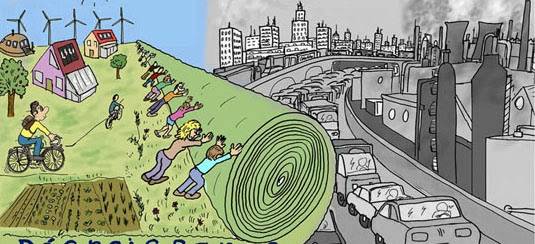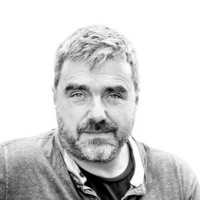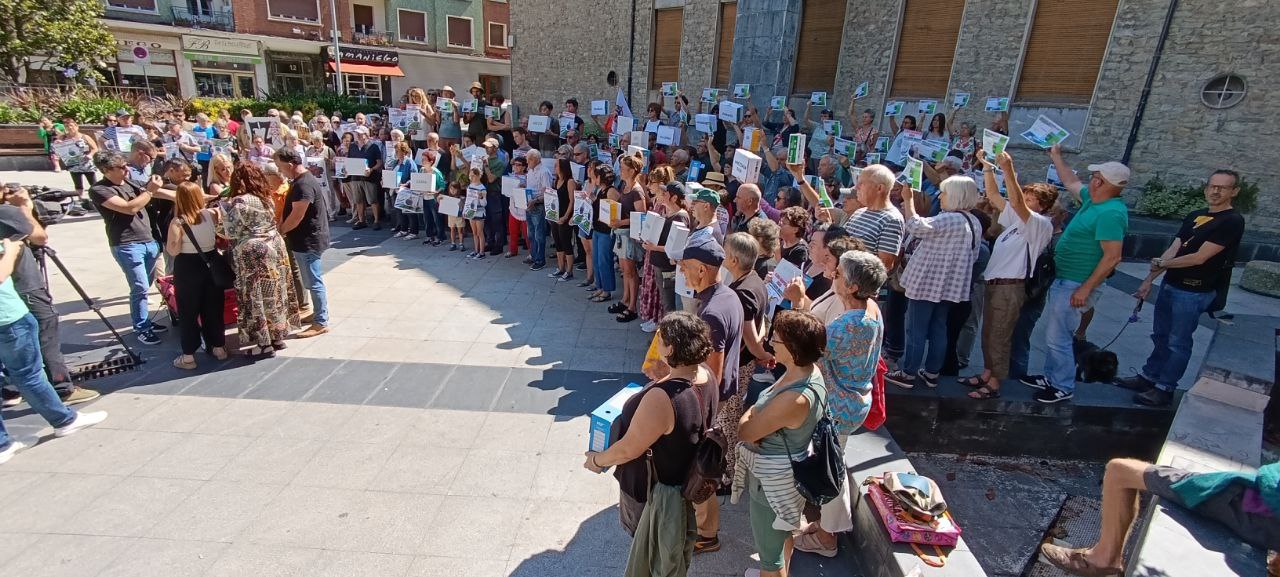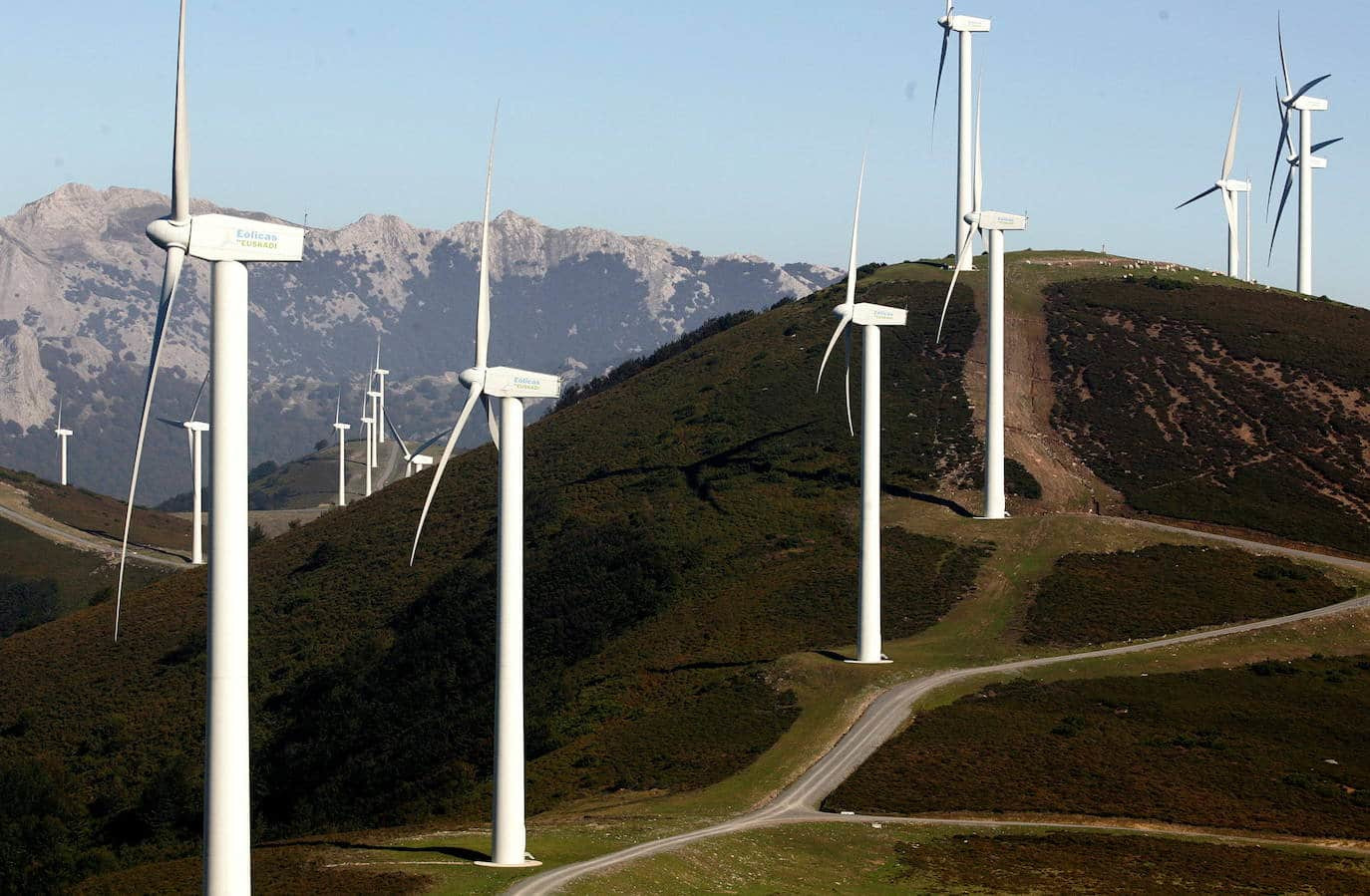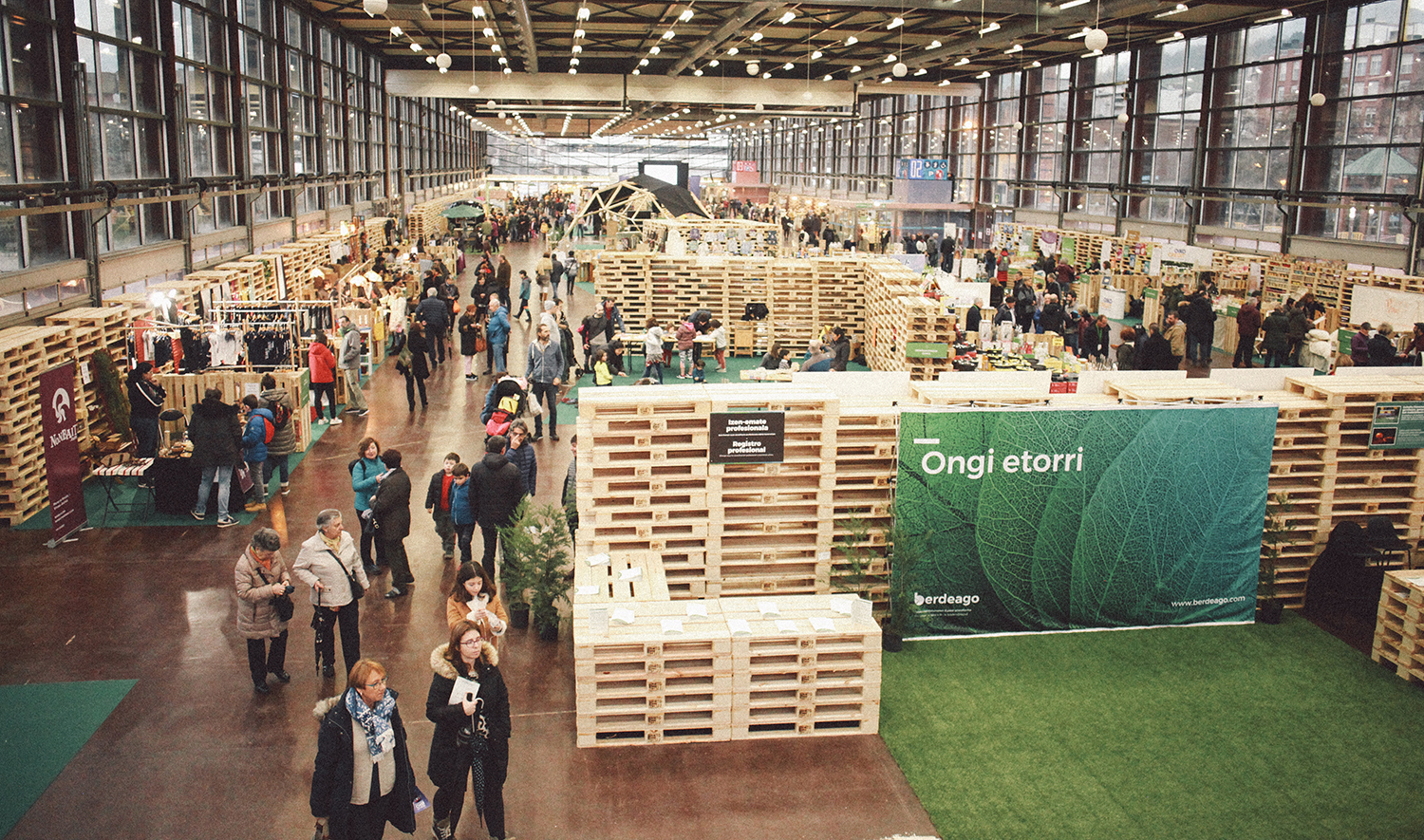LNG: Global climate and health are played in Louisiana swamps
- The energy crisis and the war in Ukraine have made Liquefied Natural Gas (LNG) one of the most strategic and precious raw materials in the world. The industry plans to build large gas storage and export plants in the southern United States, but Joe Biden’s government has set a moratorium to “better study” this path. According to ecologists, these projects, which are “mega-climate bombs”, will have irreversible effects on the global environment and public health.
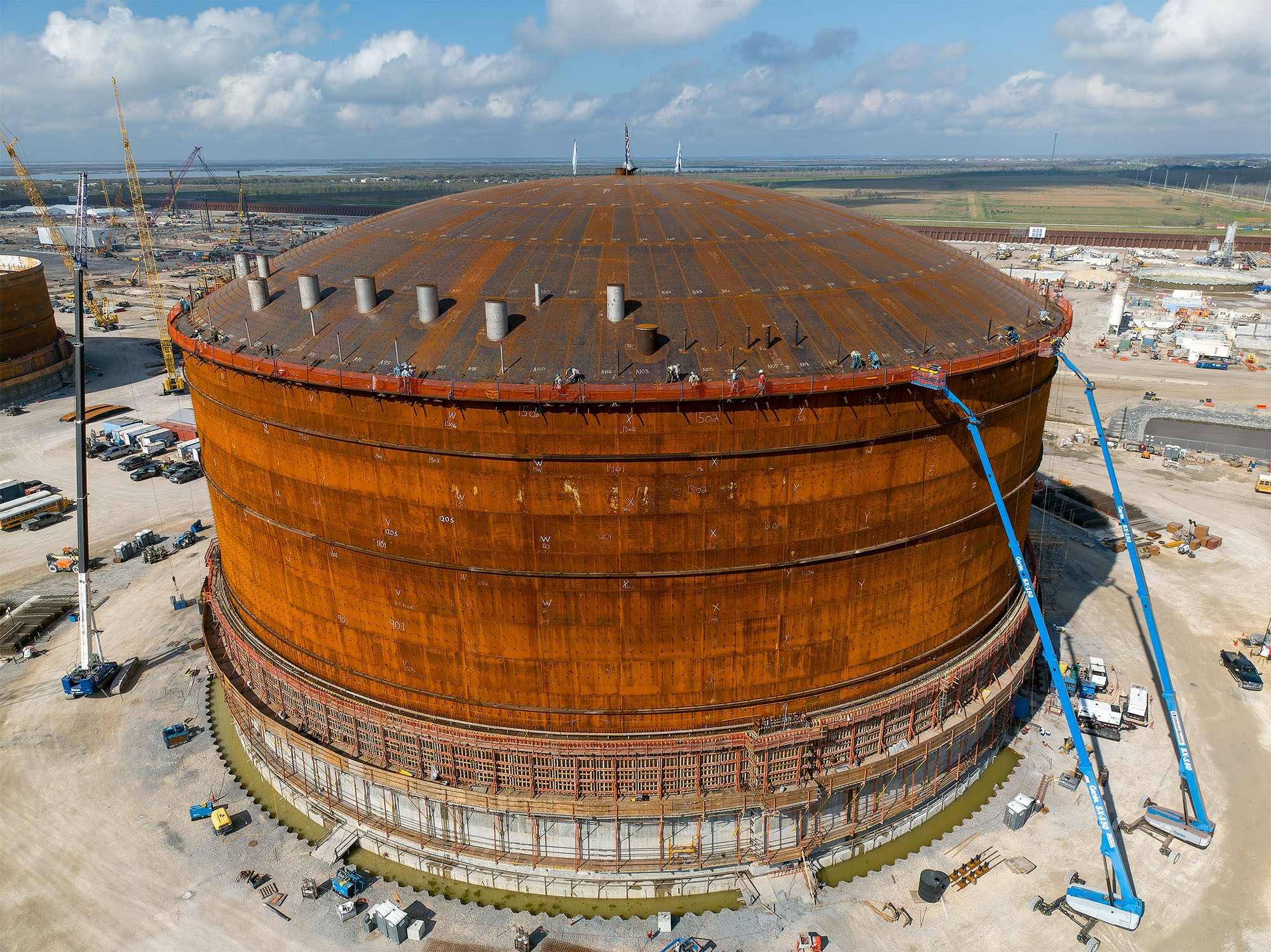
The parish of Plthose mines extends as a scar in southern New Orleans through the Gulf of Mexico, describing what the sea is as indivisible land, or “the land that has given us the sea is not our own”, as described by Oihane Amantegi in his novel Cayo Bone less distant sensations of the Florida archipelago. But this is not Florida, this is Louisiana, the territory of slave heirs, the cradle of jazz, the home of fishermen, the funeral of Katrina -- and the state of the United States with the highest poverty and inequality.
Here lives Katie Mazarac, in Buras, with her eighteen-month-old son. In Buras, they know what it is to live against the sea, they catch the kiosks in the west of the Mississippi Delta. For a long time, in most houses, only salt water comes out when you open the tap. The sea is opposed in recent years to the climate emergency and tropical storms. Mazarac cleans alabite with bottled water, does not trust sea salt that can bring contaminating particles.
Since August last year the plecmines have been in great trouble: there is hardly any pressure from the tap. Drought is guilty, but not just drought. Because shrimp fishing is not the only industry, not the most powerful. Here is the petrochemical lobby and with it the Liquefied Natural Gas (LNG) business bogan.
Since August last year the plecmines have been in great trouble: there is hardly any pressure from the tap. Drought is guilty, but not just drought
We know Mazarac in The Guardian, in the article entitled "A fossil fuel plant is leaving Louisiana families with "barely enough water for your toothbrush". As the British newspaper has seen in public records, Venture Global used a quarter of the drinking water in the area between May and September 2023... for what? Construction of a giant cement LNG plant.
Venture Global is not just one. Competing with countries such as Qatar to become the largest exporter of LNG, it has occupied 255 hectares in the swamps of Plthose mines, an area where the entire municipality of Baliarrain stands, to become one of the largest terminals in the world, despite having hundreds of “permit violations”, says the Guardian journalist. This project of EUR 21 billion will be financed by the world’s largest banks and, of course, by BBVA. In addition, one of the main gas customers will be the Spanish multinational Repsol, which owns the Petronor refinery in Muskiz.
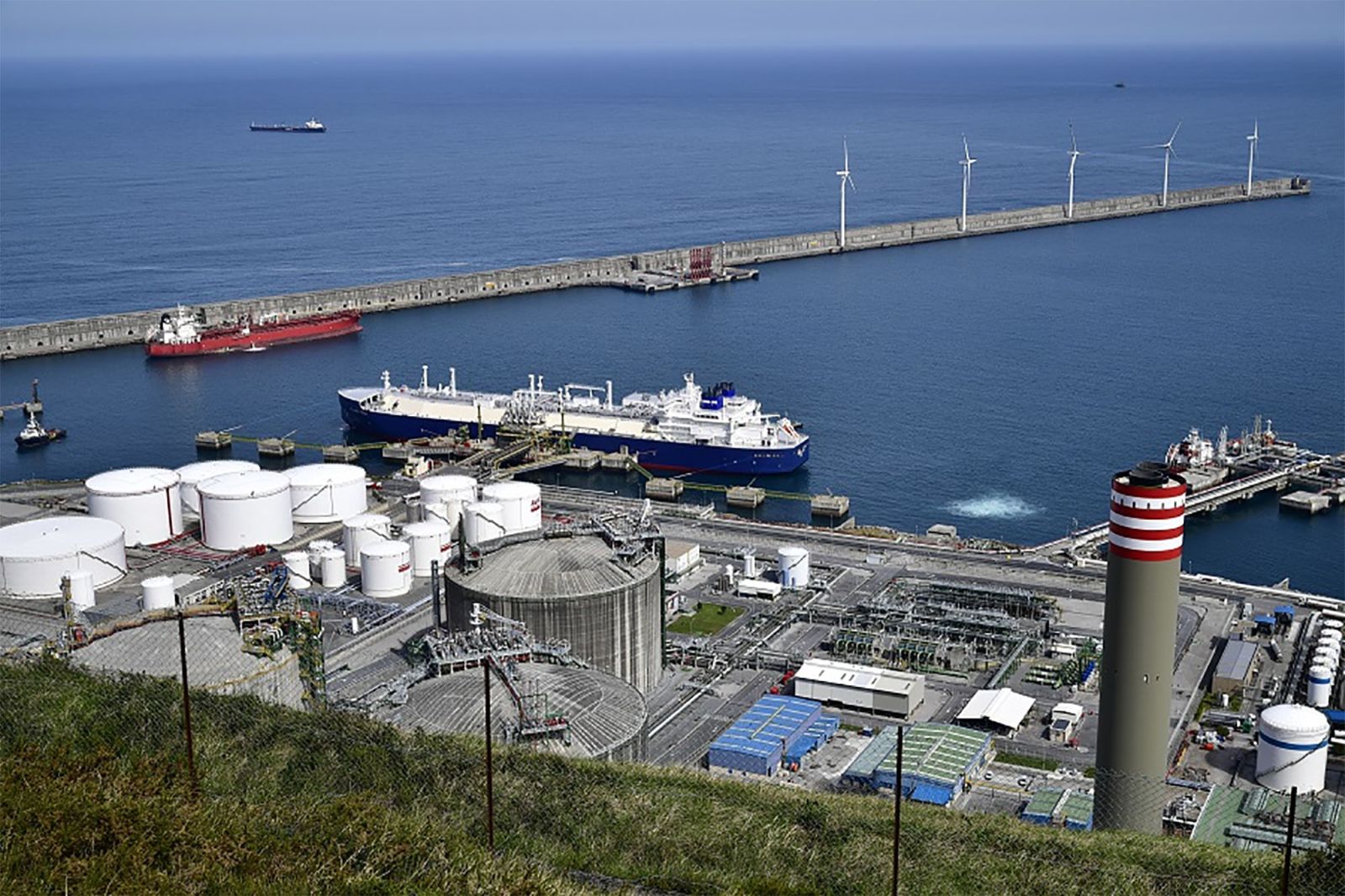
Stimulated by the shortage of Russian gas in Europe caused by the Ukrainian war, not only in Louisiana, but also in Texas and other parts of the United States, LNG projects have proliferated, such as mushrooms on the Urbasa side. These terminals cool, liquefy and store the gas extracted from thousands of wells through fracking, to be 600 times less in volume, and export it in metaners across the Atlantic, such as the Bizkaia Gas Bay facilities in Zierbena. In 2022, gas imported into Europe grew by 140%.
440 coal plants
At the end of this January the Joe Biden administration announced the suspension of LNG export authorisations. Energy security, concerns about pollution, the need for more rigorous economic studies -- despite the arguments, ecologists have welcomed the moratorium while the powerful American Petroleum Institute fits into crochet. But the decision of the White House does not affect projects already approved... and there are not many.
“Since 2016, 30 new LNG production plants have been built or proposed in the US, according to data from Oil and Gas Watch. On the Texas coast of the Gulf of Louisiana and [Mexico] five plants already operate, which occupy two thirds of these new LNG terminals. This means that they will build at least 22 LNG plants.” This is assured by the writer and journalist based in New Orleans, Xander Peters, on the Environmental Health News portal, dedicated to environmental issues. Another fact that will frighten the reader is that with the construction of these 22 plants, 440 coal plants would contaminate the atmosphere with CO2. Ecologists call it "mega-weather bombs."
In addition to generating global environmental pollution, the gas industry is causing damage to the life and health of the inhabitants of the area, since a fatal combination occurs in these fertile swamps and lakes of the coast. In a comprehensive report, Peters tells how the giant LNG storage tanks are dedicated to feeding fresh water and occupying the land given by Mississippi. In addition, the fishing villages of the parish of Cameron on the coast of Louisiana are gradually being emptied due to increasingly violent storms and the rise of sea tides. In 2020, Hurricane Laura dramatically reduced the environment in which Venture 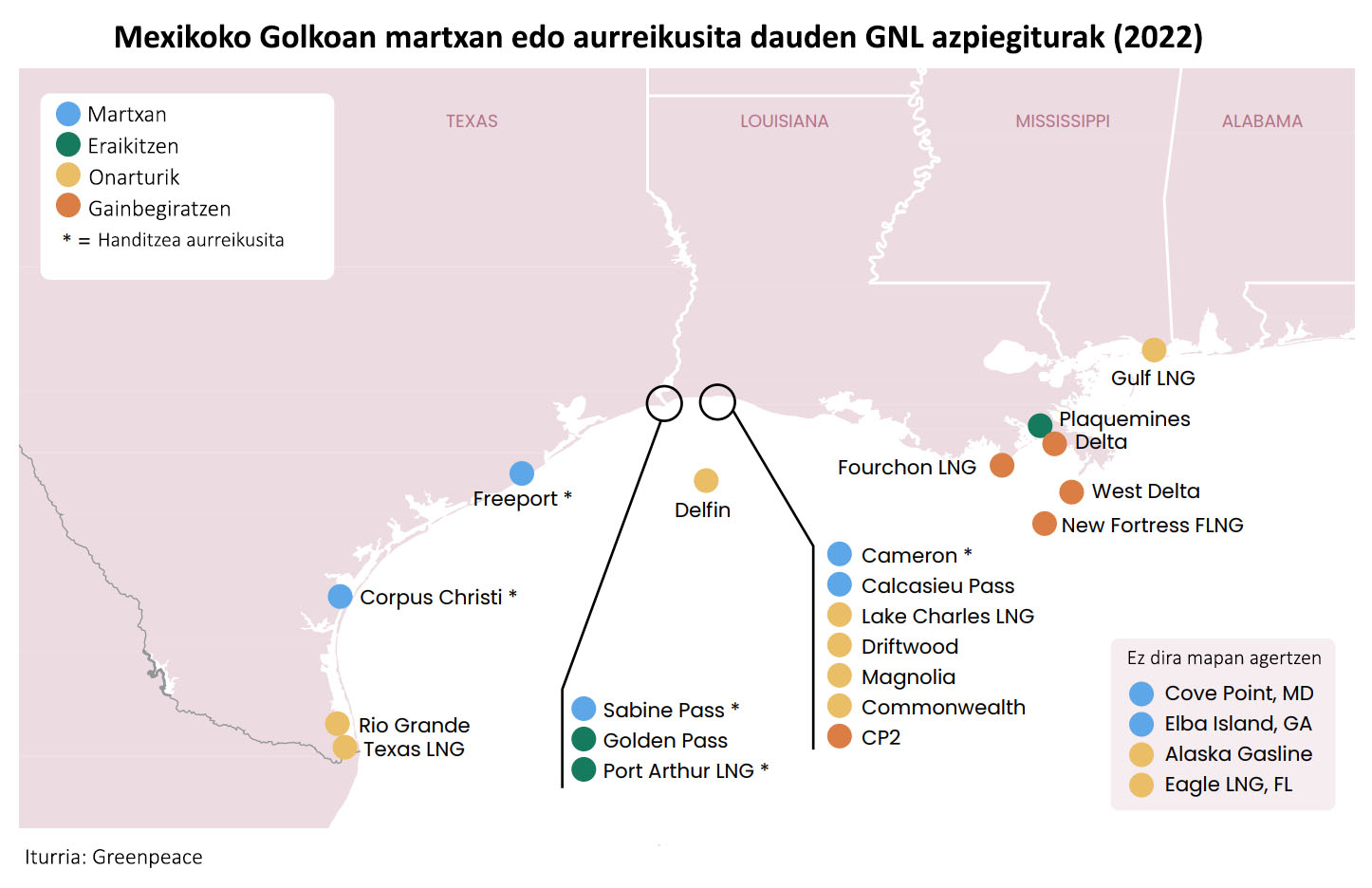 Global now wants to build a LNG terminal. 10,000 inhabitants of Cameron a few years ago, now it's only half.
Global now wants to build a LNG terminal. 10,000 inhabitants of Cameron a few years ago, now it's only half.
But the remaining ones are thrown into the fight, and one of the best known faces is John Beard. For many years he worked at ExxonMobil, founder of the local action network Port Arthur, on the border between Texas and Louisiana, and Sempra faces the LNG infrastructure that the company wants to carry out near Lake Calcasieu. Greenpeace interviewed Who Profits From War a year ago: How Gas Corporations Capitalise on War in Ukraine (What is enriched by war? As gas corporations capitalize on the Ukrainian war) for the report: “Port Arthur resembles Beirut, Iraq or other places that have been bombed: empty houses, vacant land, infrastructure and deteriorated streets…”, says the activist.
“Port Arthur resembles other locations that have been bombed in Beirut, Iraq, empty houses, purple land, infrastructure and deteriorated streets...”
"Leave Underground"
Despite the fact that before with oil and now with gas it committed to bringing wealth to the citizens, between 27 and 30% of the population of Port Arthur lives on the poverty line: “This has not done us anything good. We are suffering from pollution that is already in the air and now we will have to bear what LNG will bring.” Beard talks about sulfur dioxide, benzene, formaldehyde accumulated by petrochemical companies for 120 years, and he talks about how all these particles and molecules get into the body, how the eyes, the glowing gorges of the gills, even cancer.

That it's not as bad as oil or coal, that we're going to save CO2 emissions, that it pollutes less -- that's what the gas lobby is constantly saying. But Beard knows how many carbons, toxins and toxins are released when he breaks a compound carbide. He knows, because he has worked 38 years with them: “We have to eliminate this use and the best way is to do what my indigenous brothers say: ‘Leave it underground’. He's buried for some reason."
And one final warning comes from Louisiana to those who, with their misery, ignite our factories and heat our houses: “Let Europe feel comfortable using our gas while we suffer the damage of the fracking, the attitude seems very short-sighted...” We all live on this planet, a land of rocks, water and air. What happens here will happen to you.” In exchange for climate change, sea rise and extreme weather, Beard says “nothing is debalde.”
Environmental activist Mikel Álvarez has produced an exhaustive critical report on the wind macro-power plants that Repsol and Endesa intend to build in the vicinity of Arano and Hernani of the region. In his opinion, this is "the largest infrastructure of this kind that is... [+]
Recently we have had other arguments to convince us of the need for macro-projects in the surroundings of Euskal Herria. An example of this was the article published on the website of the EHNE of Bizkaia to one of the participants of the Ecosocial Jump initiative: "For... [+]
On 3 September the Official Bulletin of Navarre published the announcement by the Government of Navarre announcing the update of the Navarre Energy Plan. This should be an important step for the future of our community, taking into account the importance of energy and its use... [+]
I don't know if we're hit by heat waves anymore, if it's a normal hypocrisy or a systemic logic, but the gap between what we know, what we say and what we do, beyond concern, surprises me, especially in a summer environment. News, research, social media interactions… constitute a... [+]
On 19 March, in the Alondero room in Zestoa, we had an interesting round table on the energy transition organized by the community and renewable energy cooperative Argiola.
The round table was entitled “Energy transition, how?” and for this purpose the organizers invited... [+]
"Elite ekonomiko baten pribilegioak iraunarazten diren aldi berean, konponbide faltsuak eskaintzen dizkigute, egiazko konponbideek beharko luketena onartu gabe: oligarkia energetikoa erabat auzitan jartzea, hazkunde ekonomikoaren aginduarekin haustea, gure eredu produktibo... [+]












